A Bike Utopian's Account of Riding Across the United States of America
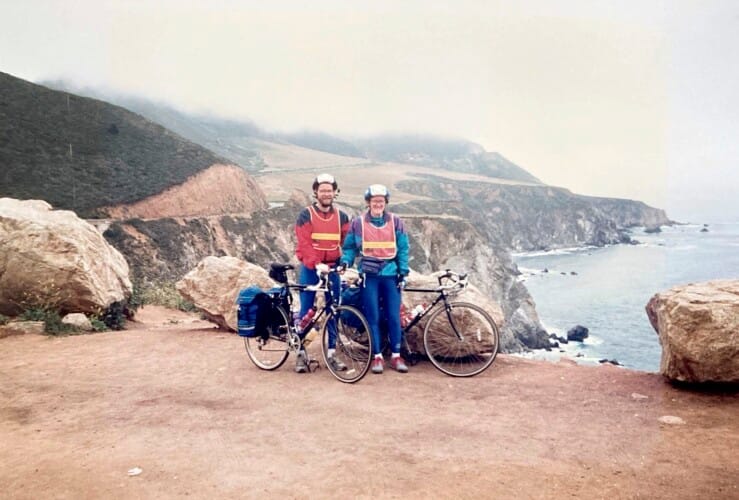
Who Am I?: A Sixty-Five Year Old Professor of History
Monday May 6, 2024
I'm Ross Bassett, a sixty-five year old professor of history, teaching the history of technology and capitalism at North Carolina State University in Raleigh, North Carolina. I am a former engineer and the current director of a program called the Benjamin Franklin Scholars. This program is for undergraduates who are pursuing degrees in both engineering and humanities or social sciences.
I am a bicycle utopian. If you keep reading this journal, you'll find out what this means in more detail. But for now, let's just say that my preferred way of moving in the world is by bicycle and I use my bicycle as my main means of transportation, recreation, and exercise. I ride my bike around 5,000-6,000 miles a year. This fall I am teaching a course looking at why urban Americans don't bicycle to the same extent that urban Europeans do.
In 1991 my wife, Debbie, and I read the story of two recent college graduates, complete novices to biking, who had ridden their bikes across America. At the time we were living in upstate New York, near Syracuse, where Debbie was in the middle of medical school and I was starting grad school. We got hooked on biking and began dreaming of doing a TransAmerica ride ourselves. We did a number of shorter tours (Cape Cod, the C&O). Unfortunately, when Debbie finished medical school, she only had about four weeks off before starting residency--not enough to ride across the country, but enough to ride from San Francisco to Los Angeles. We subsequently did trips through Vermont and down the Oregon coast. Then our daughter Anna came along, and we set aside long-distance biking for a while. Debbie developed a serious illness which forced her to retire from practice early and (we thought) give up cycling. I continued to ride, doing tours of 300-700 miles over the last decade, but I was always thinking about doing a TransAmerica route. This year the planets seem to have aligned in many ways to make that possible.
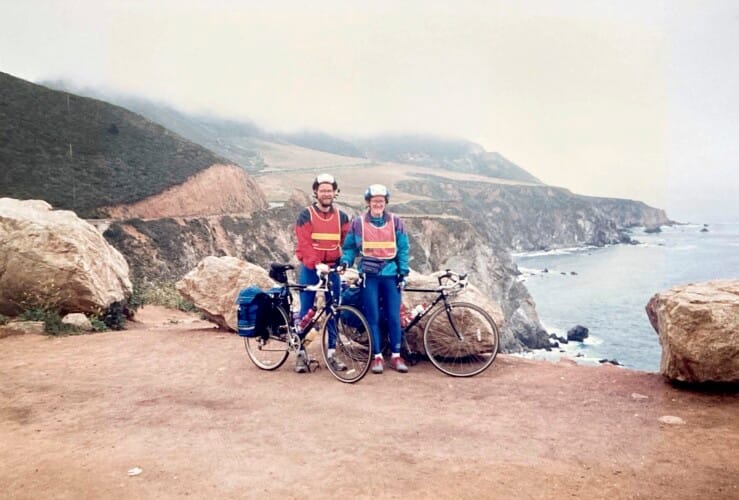
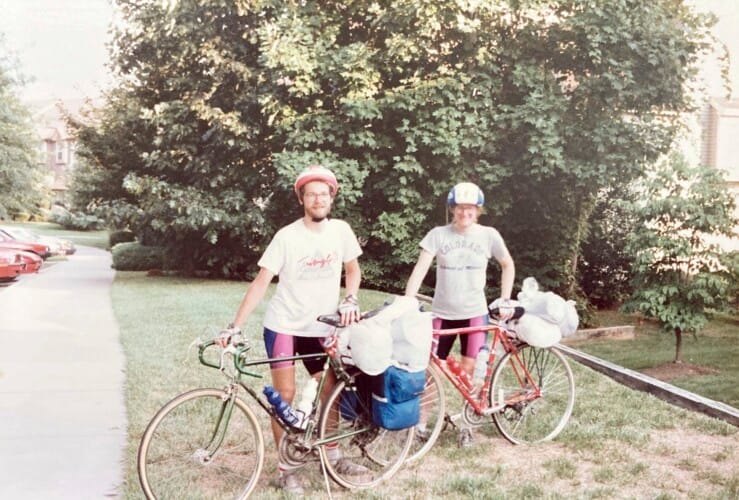
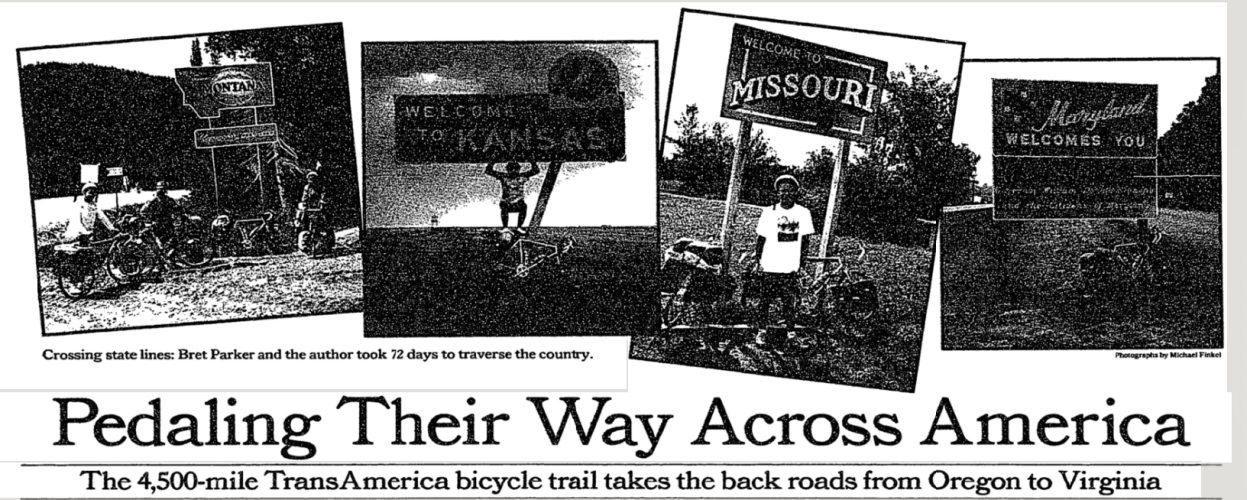
Why I Bike.
Why am I so passionate about biking? I think bicycling is a very special technology. Throughout history people have thought a specific technology might solve all the world’s problems. Walt Whitman wrote a poem essentially saying that railroads and telegraphs would make everyone in the world feel neighborly to each other. Some people thought nuclear power would change everything. Then it was the Internet. Now it is solar power or electric cars. Historians of technology have shown how naïve this thinking is and how new technologies often create new problems. Susan Handy, a professor of transportation engineering at UC Davis says, “Bicycles will save the world.” That’s saying too much of course, but I believe with her that there is something special about the bicycle.
In the early 1800s a number of Americans believed that it was possible to create what the historian Leo Marx called “a middle landscape” where humans, technology, and nature could all live in a balance. This famous painting below, “The Lackawanna Valley” (c. 1856) by George Inness illustrates that view.

https://www.nga.gov/collection/art-object-page.30776.html
The train does not overwhelm everything. There is some smoke, but it doesn’t fill up the picture. (People would have seen the tree stumps as positive signs, of wild and unproductive forests being converted to productive farmland.). Over time, railroads and factories crowded most everything else out of the picture. For me, the bicycle is a technology of the middle landscape, that doesn’t overwhelm either humans or nature.
The philosopher Ivan Illich wrote a book called Tools for Conviviality where he posits that there is a point in the development of technology where it enhances individual freedom and capability, but if you go a lot further beyond that point. technology can often serve bureaucracies rather than individuals or even become an end in itself. The goal is to find the sweet spot between these two points. I believe that the bicycle occupies this sweet spot.
Part of the middle landscape is that on a bike you aren’t separated from the environment; you are part of the environment. You experience the weather, and you experience the hills. On a bike you are vulnerable and in a sense I embrace that vulnerability. In Zen and the Art of Motorcycle Maintenance, Robert Pirsig compares the experience of driving a car to motorcycle touring (and I think the comparison extends to bicycle touring as well). "In a car you are always in a compartment, and because you are used to it you don't realize that through that car window everything you see is just more TV. You're a passive observer and it is all moving by you boringly in a frame. On a cycle the frame is gone. You're completely in contact with it all. You're in the scene, not just watching it anymore, and the sense of presence is overwhelming."
One of the main trends in human history has been humans' efforts to make themselves less vulnerable to the environment. Obviously that has had a great deal of survival benefits. Nature can be harsh and unforgiving. A car is a steel carapace that we surround ourselves with that separates us from the environment. And in doing so, it makes us respect the environment less. And I believe a lot of our environmental problems stem from this separation.
Modern technology separates us both from the environment and from one another, but to me, the bicycle works in the opposite direction. I love bike touring because it is a great way to see other parts of the country and to meet other people. On a bike there is no flyover country. If you are going from point A to point B, you see everything in between and have chances to see things you would never see in a car rushing down an Interstate. You see industrial sites that are essential to our world today, but often are not very attractive and are hidden away. You see small towns. Who would stop in Sedalia, Missouri or Confluence, Pennsylvania or Utica, New York? My dad loved to meet people and strike up conversations with random folks he would run across. That’s much harder today with people so occupied with their screens. But being on a bike, riding in rural areas, opens you up to conversations with people you never would have met before. Robert Pirsig, in Zen and the Art of Motorcycle Maintenance, writes about motorcycle touring in the west, saying of the people he meets in small towns: “They aren’t going anywhere. They aren’t too busy to be courteous.” And that’s what I find. I think I probably have more conversations with people outside of my normal circle in a week of bike touring than I do the rest of the year. I recognize I am part of our automobile based society, but it is nice to try to get away from it for at least a couple of months.
I am fortunate that in Raleigh, where I live, we have a great bicycling community, with a bicycle advocacy group, Oaks and Spokes, and many great bike shops, including my favorite, Oak City Cycling.
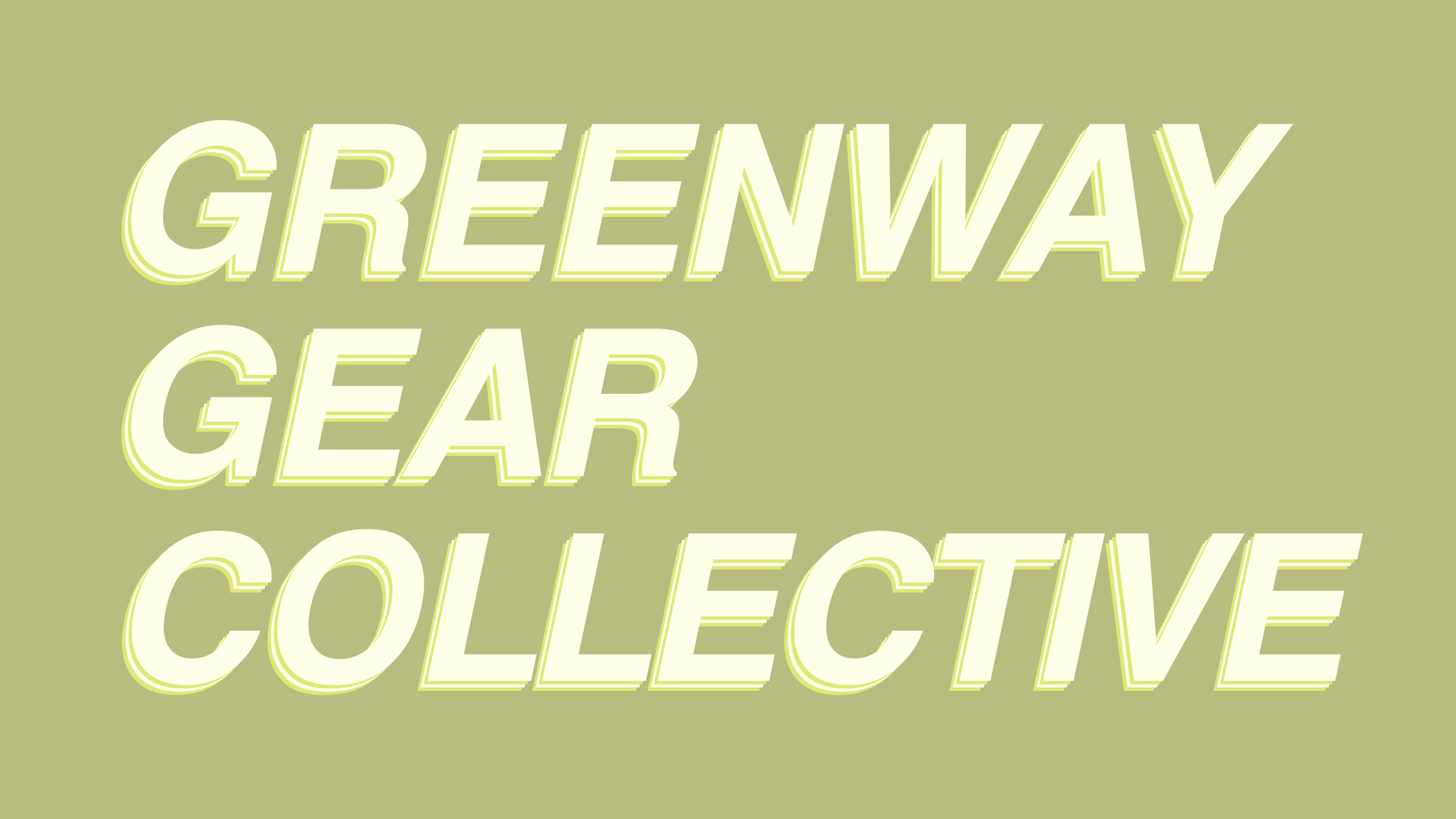

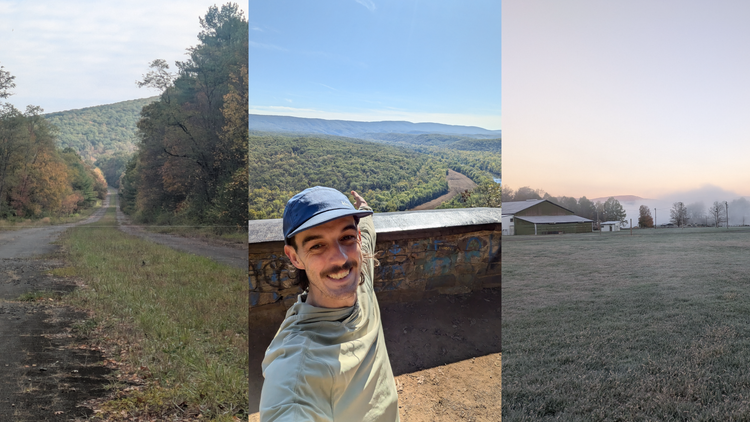
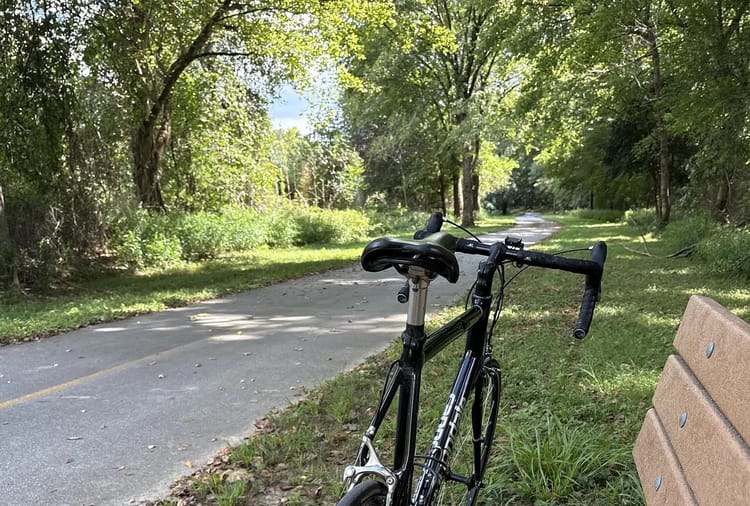

Comments ()